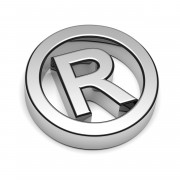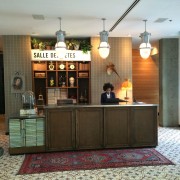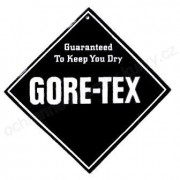The Israeli Trademark Office has published i’ts Patent and Trademark Office report for the year 2012. The 2012 report reveals couple of interesting findings regarding the trademark filing policy of foriegn applicants in Israel.
Details show an increase in the international filings of trademarks in Israel by applicants from foriegn countries compared to previous years. Most of the applicants prefered the international filing (Madrid System) using their own legal attorneys over the national filing.
According to the report 2802 international applications have been filed in 2012 compared to 1777 national applications. Also most of the trademark applications were filed by US applicants.
While most of the European applicants, such as Germany, UK, France, Sweden and Switzerland prefered the international filing, the US applicants prefered the national filing (1,171 applications).
Although most of the foriegn applicant prefered the international filing, the picture is different when it comes to the most major international brands.
The report demonstrate the continues preferance of the leading brand owners to use their local Israeli attorneys in filing trademark applications insted of using their inside legal departments.
Most of the major international brand owners, such as HP, A&F, L’Oreal and Nestle, who filed most of the trademark applications in Israel, have filed national trademark application using their Israeli local attorneys.
According to the Table provided by the TMO 331 national tardemark applications have been filed by 17 international brand owners, in compare to 211 international applications using the Madrid System.
There could be number of reasons for this preferance:
One of the reasons could be untraditional trademark filings, such as trademark applications for three dimensional products, which always required the legal representation of local attorneys to handle the office actions.
Other reasons could be the constant need for a professional advice at the filing stage, in order to avoid any future office actions which require investing more legal expenses.








